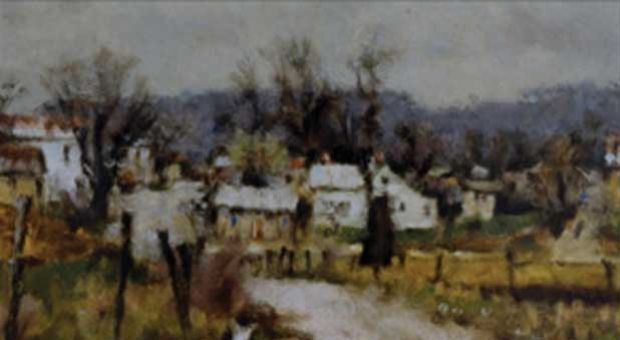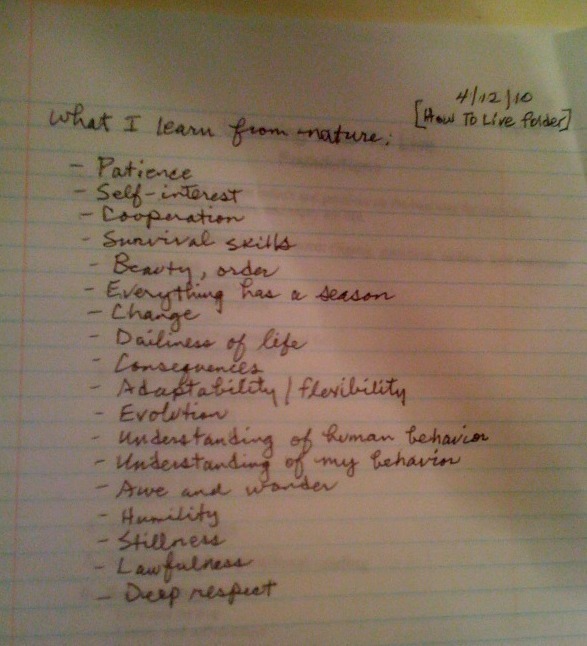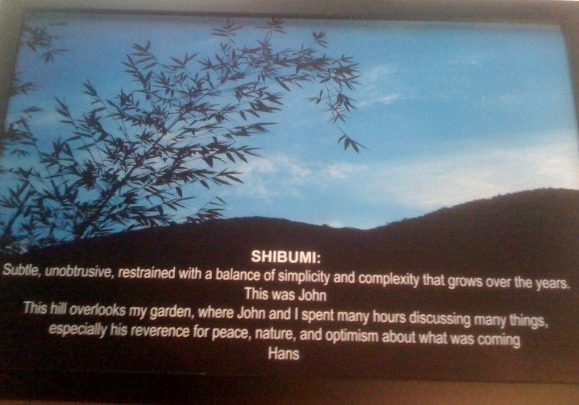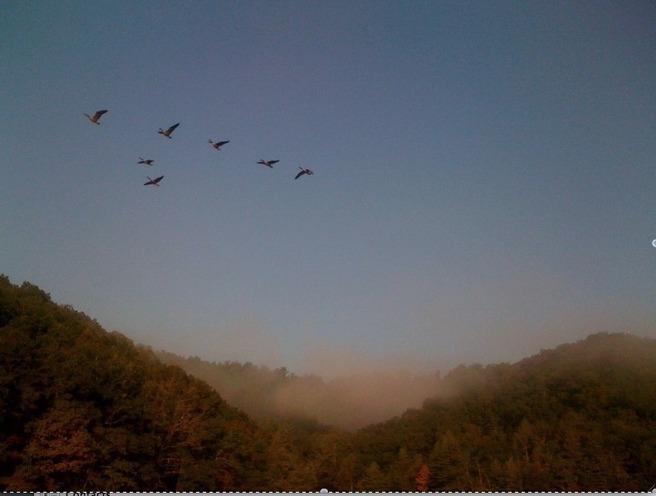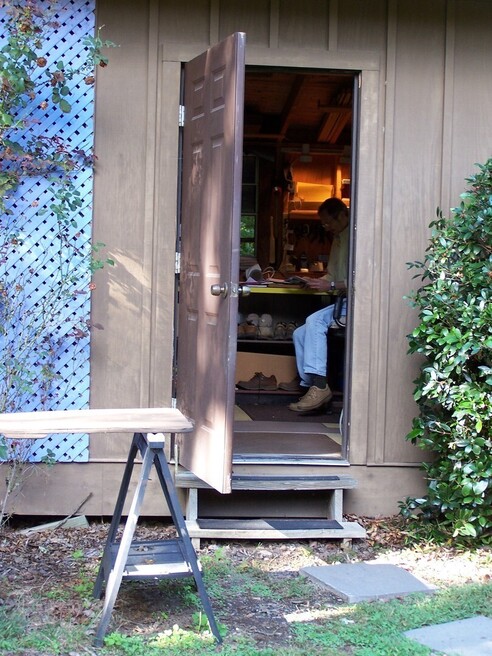From John's cousin Peggy
"I can't tell you how blown away by the Website and all the tributes to John. And when I came to "Farther Along" hearing him sing. Oh. my. goodness. I always thought it was just my Father and his brothers who would gather around the piano; I'd play and they'd sing "Farther Along." But it must have been their parents- brothers Oscar, (John's Grand dad), John (my Grand Dad) , J. D., Will, Mike (Walter) Clyde who sang it because John would have heard it from his Mother Raynelle- it had to have been a favorite family song. Or maybe John just liked it, but the inner-connectedness of us all is amazing. Oh, how I wish I could have known John as the incredible adult person he was. What a legacy he left. He was so sweet as a boy. I don't think there was a mean bone in his body. He had early lessons in pain, disappointment and forgiveness. I heard a great definition of humility that does apply and describe John. "Humility is not thinking less of yourself, but thinking of yourself less." I believe that was John. The 9 fruits of the Spirit. I call them "Love Potion # 9"- Love, Joy, Peace, Patience, Kindness, Goodness, Faithfulness, Humility, Self-Control. The John I remember was the epitome of Love Potion # 9.


